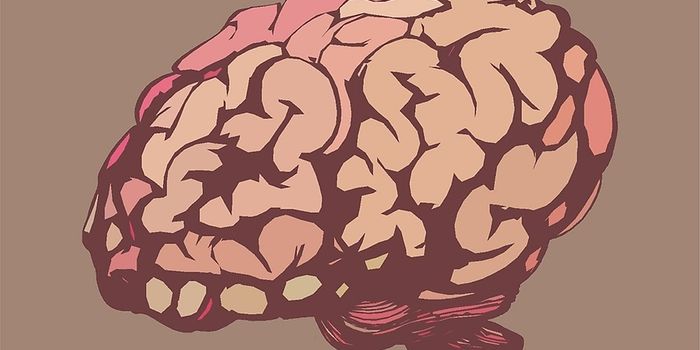MRI Reveals Altered White Matter in Post-COVID-19 Patients
The aftermath of the COVID-19 pandemic has uncovered a myriad of health challenges, with some patients experiencing lingering symptoms called “long-COVID” after the initial infection. Among these persistent issues, there is a notable impact on the brain, manifesting in symptoms like fatigue, cognitive impairment, depression, and anxiety. A recent study published in Brain Communication delved into the neurological effects of COVID-19, utilizing advanced diffusion MRI (dMRI) to analyze the properties of brain tissue in individuals who had been hospitalized for the virus and were still dealing with symptoms several months later.
dMRI, known for its sensitivity to tissue structure on a microscopic level, has become a crucial tool in neurological practice for detecting acute brain conditions and studying connectivity. The study revealed widespread changes in the white matter of post-COVID-19 patients compared to a control group. The histograms vividly portrayed the pronounced differences between the two groups across a variety of metrics.
Advanced dMRI techniques used by this study offered a more comprehensive view. Metrics such as microscopic fractional anisotropy (µFA) and orientational coherence (Cc) were critical in observing microstructural brain alterations. The dominance of changes in µFA over Cc suggested widespread axonal (nerve cell) damage, pointing to the severity of COVID-19's impact on the brain's white matter. They also observed demyelination, which is what we see in diseases like multiple sclerosis, indicating severe downstream effects in terms of brain health and overall well-being. Additionally, the study explored the size variance metric, indicating changes in compartment size, potentially reflective of white matter damage in various forms. The study did discuss the need for caution in interpreting results, considering the complexity of biological processes and the limitations of conventional dMRI data.
The imaging conducted in the study provided compelling evidence of altered white matter microstructure in patients recovering from severe COVID-19 infections. The observed patterns of axonal damage, demyelination, and changes in compartment size contribute to the growing understanding of the diverse neurological symptoms experienced by post-COVID-19 patients. While the study acknowledges its limitations, the non-invasive nature of dMRI makes it a crucial asset in ongoing efforts to comprehend the long-term consequences of COVID-19 on brain health.
Sources: Brain Communication








